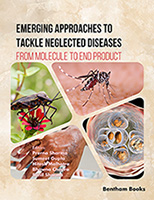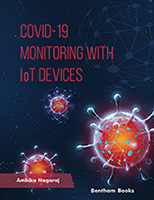Introduction
Advances in HIV Treatment: HIV Enzyme Inhibitors and Antiretroviral Therapy presents comprehensive and updated information on drug therapies used to treat and manage HIV infection in human patients. The volume is organized in to chapters detailing respective classes of HIV Drugs including HIV entry inhibitors, reverse transcriptase inhibitors (RTIs), integrase strand inhibitors (INSTIs), and protease inhibitors (PIs). Each chapter compiles background information, pharmacology and clinical aspects such as side effects on the specific classes of drugs represented. Available data for ongoing research for new targets, including vaccines is also presented. Readers will also find a useful introduction to HIV virology and pathogenesis as well as a comparison of the availability and activity of these agents in different populations, opening a discussion on the influence of genetics and resources in curbing the HIV epidemic. Advances in HIV Treatment: HIV Enzyme Inhibitors and Antiretroviral Therapy is, therefore, a holistic resource for researchers, healthcare professionals and clinicians interested in understanding antiretroviral drugs and the management of HIV infection/AIDS. The volume is also of interest to undergraduate and graduate students undertaking specialized courses in pharmacology and HIV/AIDS management.





